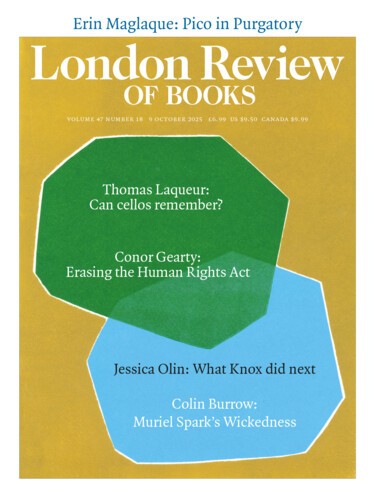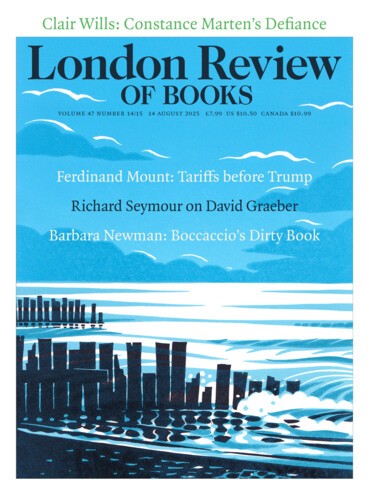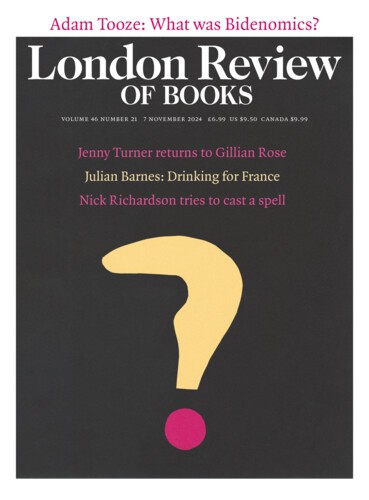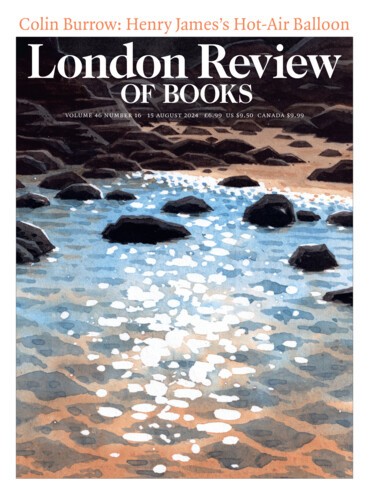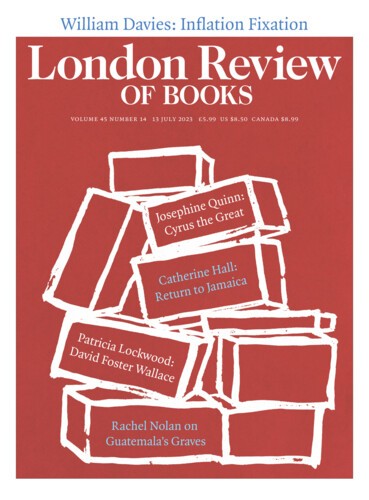At the Institut du monde arabe: ‘Trésors sauvés de Gaza’
Josephine Quinn, 9 October 2025
There was a fashion in the Bronze Age Levant for decorating hollow bones: take the femur or tibia of a cow, scoop out the mucky stuff, polish it up and scratch geometric patterns on it. The bone tube – as archaeologists call such objects – on display in Paris as part of the exhibition Trésors sauvés de Gaza: 5000 ans d’histoire (until 2 November) has a...
